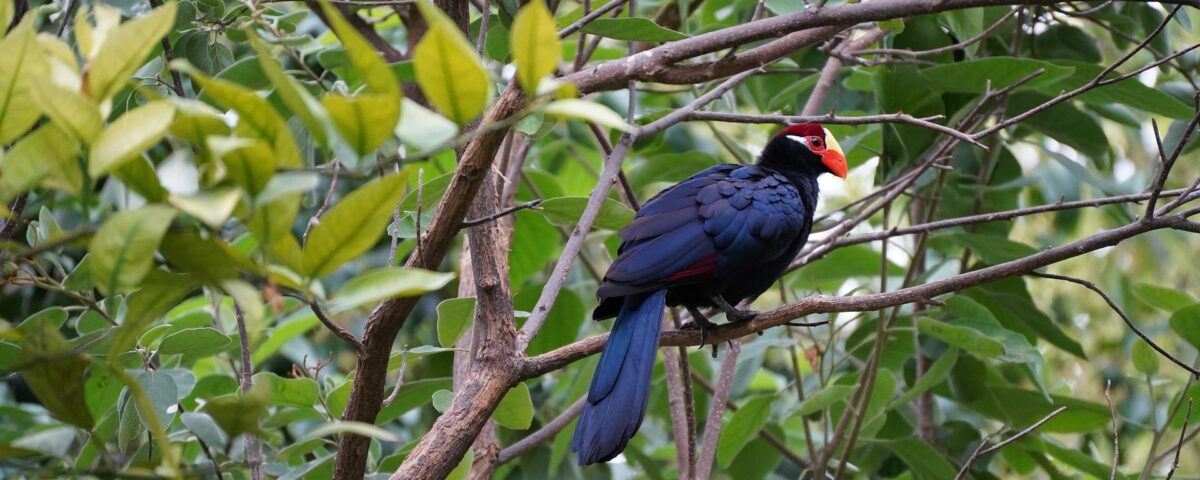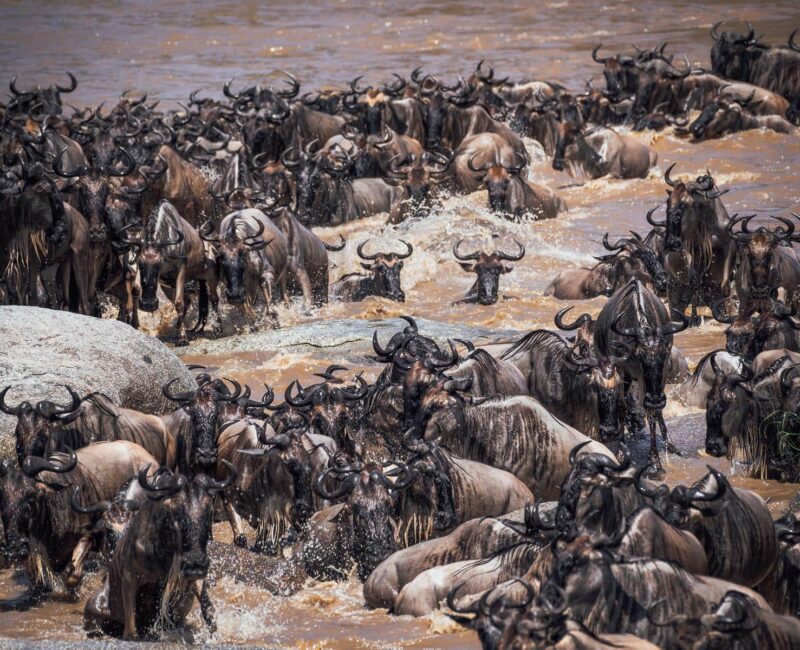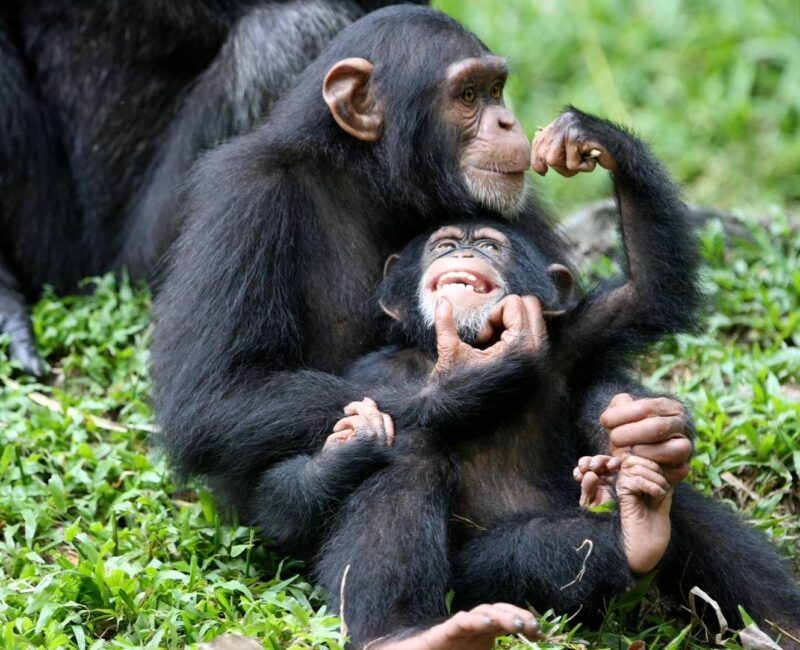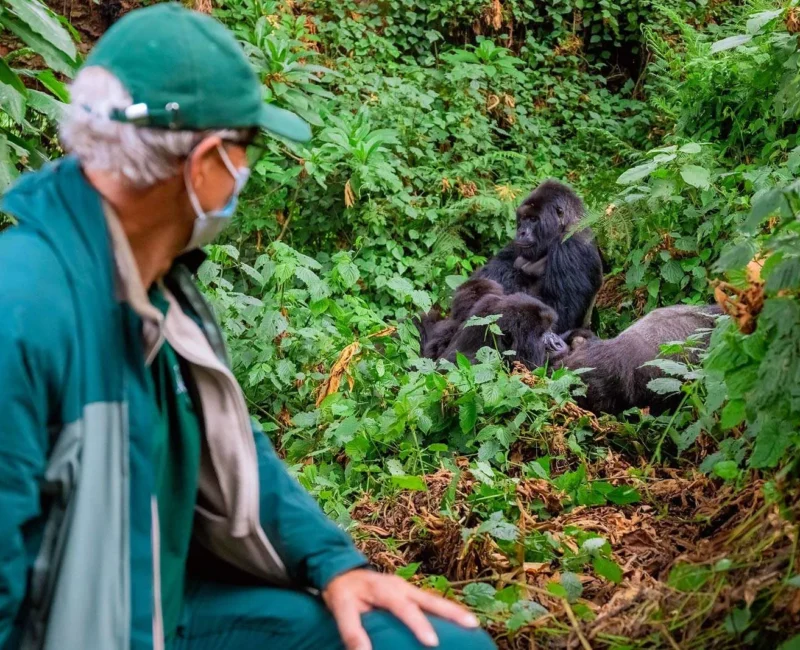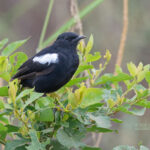
Do Birding Safaris in Uganda Include Cultural Experiences?
September 26, 2025
Do Chimpanzees Behave Aggressively When Tracked?
September 27, 2025Do Birding Safaris Support Conservation in Uganda?
Do birding safaris support conservation in Uganda, and how can travelers make a meaningful impact while exploring the country’s avian diversity? Uganda is a globally renowned safari destination, famous for its Uganda Gorilla Safaris, Uganda Gorilla Trekking Safaris, Uganda Chimpanzee Safaris, Uganda Wildlife Safaris, and Uganda Birding Safaris. Birding safaris are increasingly popular among ecotourists who seek immersive experiences while supporting conservation initiatives and local communities.
Birding safaris allow travelers to explore Uganda’s unique habitats, from the papyrus wetlands of Lake Bunyonyi to the montane forests of Bwindi Impenetrable National Park and the savannahs of Murchison Falls National Park. These tours are more than just recreational; they play a crucial role in preserving Uganda’s fragile ecosystems. Observing birds such as the shoebill stork, African finfoot, and the endemic Nahan’s francolin provides insight into ecosystem health, as these species act as indicators of environmental stability.
Introduction: The Role of Birding Safaris in Conservation
By asking, “Do birding safaris support conservation in Uganda?” travelers learn how responsible tourism directly benefits wildlife protection. Through park fees, guided tours, and educational programs, birding safaris contribute financially and socially to conservation efforts. Moreover, combining Uganda Birding Safaris with Uganda Gorilla Trekking Safaris or Uganda Cultural Safaris amplifies the impact, creating sustainable tourism models that integrate wildlife protection, community engagement, and educational outreach.
How Birding Safaris Promote Habitat Protection
Do birding safaris support conservation in Uganda by protecting critical habitats? Absolutely. Many of Uganda’s top birding locations, such as Bwindi Impenetrable Forest, Mabira Forest, and Queen Elizabeth National Park, are biodiversity hotspots that face threats from deforestation, agriculture, and human settlement. Birding safaris generate revenue that is reinvested into the preservation of these habitats, ensuring that both common and rare bird species have safe, protected environments in which to thrive.
Revenue from park entry fees, guide services, and lodge stays directly contributes to anti-poaching patrols, reforestation programs, and habitat restoration. Birding tourists, often passionate about conservation, also create a continuous demand for sustainably managed forests and wetlands. This demand motivates local communities and government authorities to prioritize conservation initiatives. For example, guides leading Uganda Birding Safaris educate visitors about the ecological importance of wetland preservation, helping to reduce unsustainable practices such as overfishing and papyrus harvesting.
Moreover, birding safaris often include citizen science components, where tourists document sightings, contributing valuable data for research and long-term monitoring of bird populations. Combining birding safaris with Uganda Gorilla Trekking Safaris or Uganda Chimpanzee Safaris strengthens conservation outcomes by creating integrated wildlife tourism programs that support multiple species and ecosystems simultaneously. By choosing responsible operators like Nkofu Africa Safaris, travelers directly contribute to habitat protection while enjoying Uganda’s extraordinary natural beauty.
Supporting Local Communities Through Birding Tourism
Do birding safaris support conservation in Uganda by benefiting local communities? Yes, sustainable birding tourism ensures that communities living near protected areas gain tangible economic benefits. Many local people work as guides, lodge staff, or porters, and a portion of park fees is allocated to community development projects such as schools, healthcare, and water supply. This creates incentives for locals to protect wildlife and maintain forested areas rather than converting them into farmland or logging sites.
Nkofu Africa Safaris emphasizes culturally immersive experiences alongside Uganda Birding Safaris, enabling travelers to visit villages, participate in traditional dances, and learn about local practices tied to forest and wetland stewardship. These interactions help communities value biodiversity as an economic and cultural resource. When travelers ask, “Do birding safaris support conservation in Uganda?” they discover that sustainable tourism links environmental protection with human development.
Furthermore, combining birding safaris with Uganda Gorilla Trekking Safaris or Uganda Chimpanzee Safaris maximizes financial support for local communities and conservation programs. By diversifying tourism activities, operators ensure year-round revenue streams, which is critical for maintaining parks, funding research, and reducing reliance on destructive land-use practices. Responsible birding tourism creates a model where wildlife and people benefit mutually, positioning Uganda as a leading destination for ecotourism and conservation-focused travel.
Monitoring and Research Contributions
Do birding safaris support conservation in Uganda through research and monitoring? Absolutely. Many birding tours include citizen science programs where participants record observations, report rare sightings, and contribute to long-term ecological studies. This data helps scientists monitor population trends, assess habitat health, and implement conservation strategies. For instance, documenting sightings of vulnerable species like the shoebill stork or the Nahan’s francolin informs management decisions in protected areas.
Nkofu Africa Safaris ensures that Uganda Birding Safaris include educational components where travelers learn about bird behavior, ecological roles, and conservation challenges. Guides explain how birds act as bio-indicators, providing early warnings about habitat degradation or climate impacts. Combining birding safaris with Uganda Gorilla Trekking Safaris or Uganda Wildlife Safaris enhances the research value, as tourists simultaneously contribute to monitoring multiple species and ecosystems.
Tourists also play a role in anti-poaching efforts. Their presence in protected areas increases surveillance and deters illegal activities, creating a living buffer around critical habitats. By asking, “Do birding safaris support conservation in Uganda?” travelers understand the multifaceted role of tourism in science, research, and ecological monitoring, turning leisure into a meaningful contribution to long-term conservation.
Eco-Tourism and Sustainable Practices
Do birding safaris support conservation in Uganda through eco-tourism practices? Yes. Sustainable tourism is the backbone of conservation-focused travel. Operators like Nkofu Africa Safaris ensure that Uganda Birding Safaris adhere to eco-friendly principles, including limiting group sizes, following strict wildlife interaction protocols, and minimizing waste and carbon footprints. Lodges and camps near birding hotspots implement solar energy, water conservation, and responsible waste management to reduce environmental impacts.
Eco-tourism not only protects natural resources but also educates travelers on conservation ethics. Guides explain the interconnectedness of wildlife, forests, wetlands, and human communities, fostering awareness and advocacy. For example, while exploring Lake Bunyonyi or Mabamba Swamp on a birding safari, tourists learn how wetland conservation supports both bird species and local livelihoods. Combining birding with Uganda Gorilla Trekking Safaris or Uganda Cultural Safaris reinforces sustainable tourism by connecting multiple ecosystems and species into a cohesive conservation effort.
By choosing responsible operators and participating in eco-conscious practices, travelers ensure that Uganda’s rich biodiversity remains intact for future generations. Asking, “Do birding safaris support conservation in Uganda?” encourages reflection on tourism’s environmental impact, highlighting how informed travel choices contribute directly to preservation.
Enhancing Awareness and Advocacy
Do birding safaris support conservation in Uganda by creating awareness? Definitely. Birding tourists often become ambassadors for conservation, sharing their experiences with global audiences. Social media posts, blogs, and photographic documentation raise awareness about Uganda’s unique avian species, habitats, and conservation needs. This global attention attracts funding, volunteers, and research support for wildlife initiatives.
Nkofu Africa Safaris integrates educational discussions and workshops into Uganda Birding Safaris, highlighting conservation issues such as habitat loss, climate change, and invasive species. Travelers leave with a deeper understanding of environmental stewardship and the importance of sustainable tourism. When birding safaris are combined with Uganda Gorilla Trekking Safaris or Uganda Chimpanzee Safaris, the awareness impact multiplies, exposing tourists to conservation challenges and solutions across multiple iconic species.
Awareness also drives policy support. Travelers who witness conservation successes firsthand are more likely to advocate for environmental protection, contribute to funding, and encourage responsible practices in their home countries. By asking, “Do birding safaris support conservation in Uganda?” travelers see that their experiences extend beyond personal enjoyment—they become part of a global effort to protect Uganda’s extraordinary wildlife and ecosystems.
Cultural and Community Integration
Do birding safaris support conservation in Uganda by linking cultural engagement? Yes. Many birding hotspots are located near communities that depend on forests, wetlands, and rivers for their livelihoods. Nkofu Africa Safaris designs Uganda Birding Safaris to include visits to these communities, showcasing traditional conservation practices, farming methods, and storytelling. Travelers learn how culture and biodiversity are intertwined, reinforcing sustainable human-wildlife coexistence.
Participating in Uganda Cultural Safaris alongside birding experiences helps travelers understand local perspectives on wildlife conservation. For example, communities surrounding Bwindi or Lake Mburo benefit economically from eco-tourism, reducing the need for harmful practices like poaching or deforestation. Combining cultural engagement with Uganda Gorilla Trekking Safaris or Uganda Chimpanzee Safaris strengthens conservation outcomes by integrating economic incentives with wildlife protection.
By asking, “Do birding safaris support conservation in Uganda?” travelers appreciate that responsible tourism is not only about wildlife viewing but also about supporting communities that serve as custodians of biodiversity. This holistic approach ensures long-term ecological sustainability and meaningful cultural interactions.
Conclusion: The Impact of Birding Safaris on Conservation
In conclusion, do birding safaris support conservation in Uganda? Yes. Birding safaris contribute to the protection of habitats, provide funding for anti-poaching and research programs, benefit local communities, promote sustainable eco-tourism practices, and raise global awareness about Uganda’s rich biodiversity. When integrated with Uganda Gorilla Trekking Safaris, Uganda Chimpanzee Safaris, Uganda Wildlife Safaris, and Uganda Cultural Safaris, birding tours become an essential pillar of conservation-focused travel.
Nkofu Africa Safaris emphasizes the dual benefit of birding safaris: providing unforgettable wildlife experiences while actively supporting environmental preservation and community development. Asking this question encourages travelers to make informed, responsible decisions, ensuring that their visits leave a positive and lasting impact. By choosing expert-guided and ethically operated Uganda Birding Safaris, tourists directly participate in protecting Uganda’s unique ecosystems, supporting sustainable livelihoods, and contributing to the broader goals of conservation in Africa.
Through education, funding, advocacy, and immersive experiences, birding safaris exemplify how tourism can be a force for good. Travelers can enjoy Uganda’s breathtaking landscapes, rare birds, and vibrant cultures while knowing that their journey supports the preservation of natural heritage for generations to come.

